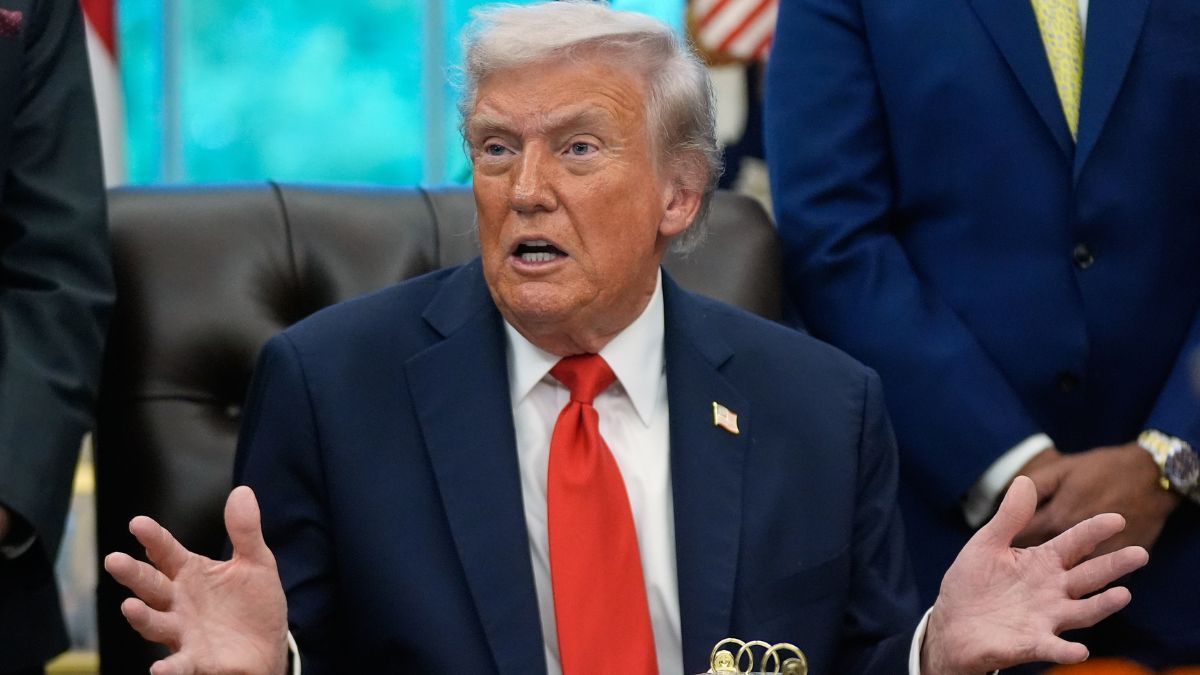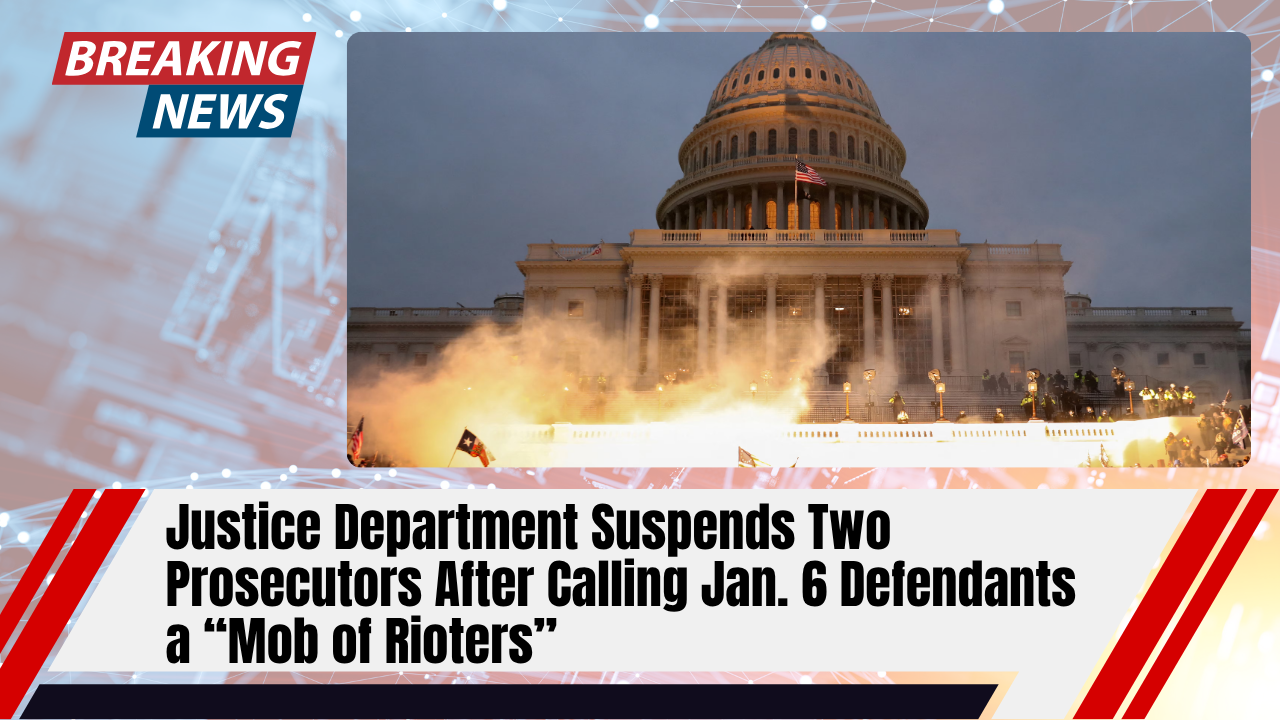In a major development after months of political tension, US President Donald Trump has officially approved a bill requiring the release of federal documents related to the late convicted sex offender Jeffrey Epstein.
This decision marks a dramatic shift in the ongoing debate over government transparency and the handling of criminal investigations linked to the financier.
Trump Signs Bill Ordering Epstein Files to Be Made Public
President Trump has authorised the release of government records connected to Epstein, ending a prolonged dispute over whether these files should be shared with the public.
The Justice Department (DOJ) now has 30 days to publish information gathered during federal investigations into Epstein’s crimes.
However, the DOJ is allowed to withhold certain materials—especially those that could interfere with ongoing criminal cases or compromise personal privacy.
A Major Policy Reversal After Political Pressure
Trump reversed his earlier stance last weekend after receiving criticism from Epstein’s victims, lawmakers, and several members of his own party. Despite previously calling the push for disclosure a “Democrat hoax”, he later announced his support for the bill on social media, claiming the release would expose political ties to Epstein.
With Trump’s approval, the measure sailed through Congress with overwhelming backing. The House passed it 427–1, and the Senate approved it unanimously.
Only One Lawmaker Voted Against It
The lone vote in opposition came from Republican Representative Clay Higgins of Louisiana. Higgins warned that releasing such broad sets of information could expose “thousands of innocent people” who may have talked to investigators about Epstein.
What the Justice Department Must Release
Under the new law, Attorney General Pam Bondi must disclose a wide range of federal records linked to Epstein, including:
- Transcripts of interviews with victims and witnesses
- Documents seized during property raids
- Internal DOJ communications
- Names of individuals and institutions tied to Epstein
- Flight logs and investigative materials
Even so, certain categories of information—such as details related to ongoing investigations or data that could identify victims—may be redacted.
Concerns About Possible Withholding of Documents
Republican Congressman Thomas Massie, one of the sponsors of the bill, expressed concern that new investigations launched by Trump could be used as a justification for withholding files.
Bondi has also stated that the DOJ will act “with urgency and integrity,” but many expect significant portions of the documents to be redacted to protect victims’ identities.
Background: Earlier Promises and Delays
During the 2024 presidential campaign, Trump pledged to release the Epstein files. Early in his administration, thousands of pages of flight logs and related materials were made public. However, in July, Bondi announced there would be no further releases, frustrating lawmakers from both major parties.
This led to the bipartisan resolution that ultimately forced the issue.
Political Tensions Heighten as Files Near Release
One of the strongest supporters of the bill was Republican Representative Marjorie Taylor Greene, a close Trump ally who recently clashed with him over this issue. After the legislation passed, Greene vowed to publicly read the name of any influential figure implicated in the documents on the House floor.
Meanwhile, the anticipated records differ from the 20,000+ pages released last week by Congress from Epstein’s estate, which included comments Epstein made about Trump in 2018 and other correspondence.
Epstein’s History and High-Profile Connections
Jeffrey Epstein, a wealthy financier with powerful social connections, was found dead in a New York jail cell in 2019, a death officially ruled a suicide. He had been charged with sex trafficking and had previously been convicted of soliciting a minor in 2008.
His network included well-known figures such as:
- Former President Donald Trump
- Former White House strategist Steve Bannon
- Andrew Mountbatten Windsor, brother of King Charles
- Prominent political, academic, and media personalities
Recently, former Harvard president Larry Summers stepped aside from teaching duties as the university reviews his email exchanges with Epstein.
Reactions from Epstein Survivors
The family of Virginia Giuffre, one of Epstein’s most vocal accusers who died by suicide earlier this year, called Trump’s signing of the bill “monumental.”
They urged continued transparency, declaring:
“Every name must be revealed, regardless of power, wealth, or party affiliation.”
The approval of this bill marks a pivotal moment in the years-long quest for full transparency surrounding Jeffrey Epstein’s crimes and associations.
As the Justice Department prepares to release thousands of sensitive documents, the public, lawmakers, and survivors are bracing for revelations that could impact figures across political, academic, and social circles.
While exceptions and redactions remain possible, this release represents a significant step forward in uncovering long-buried details tied to one of the most controversial criminal cases in modern US history.



